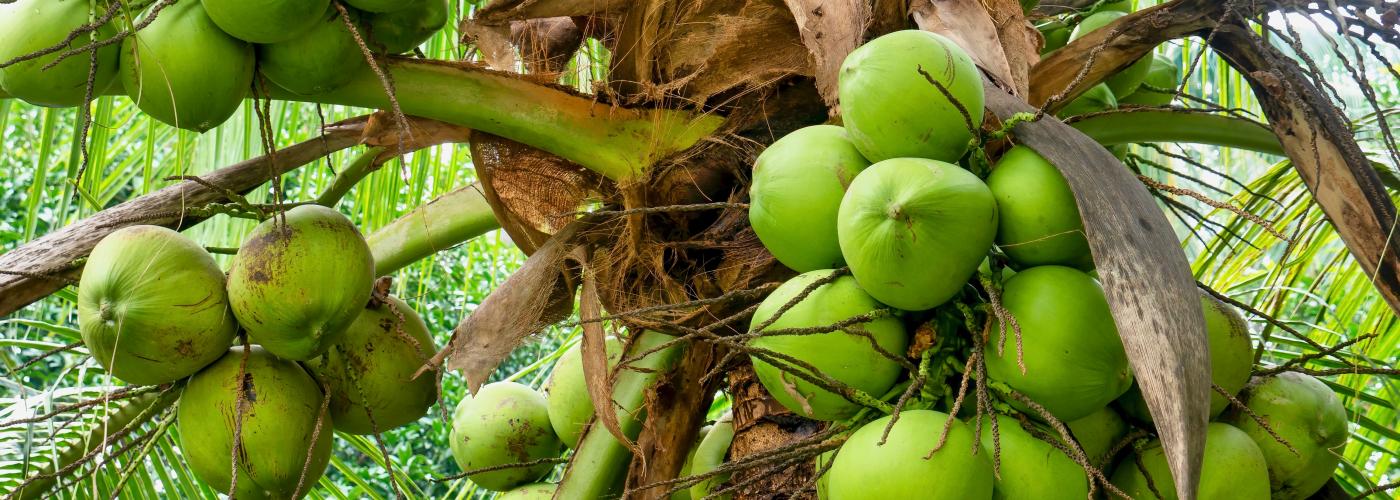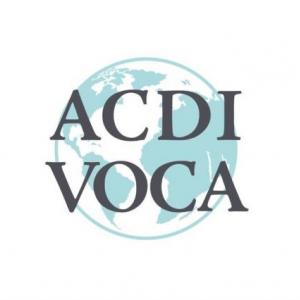Farmer Cooperatives in the Philippines Boast Key Advantage: Knowing the Local Context
Image

In the way that cooperatives form when people with common interests come together, apex organizations form when several of those cooperatives organize to achieve common goals. Farming cooperatives have the unique advantage of being engrained in the local context and knowledgeable about their sector. Their value is providing farmers with advantages that make them more profitable than they would be outside of the group. Apex organizations take that farmer support a step further by strengthening the cooperative groups on a larger scale.
In the Philippines, ACDI/VOCA is implementing the Cooperative Development Program, funded by the U.S. Agency for International Development, to build the capacity of both cooperatives and their apex organizations. The program is coaching cooperative leaders and helping groups achieve economic success and, in turn, the program’s development objectives, including some Sustainable Development Goals.
The Katipunan Small Coconut Farmers Multipurpose Cooperative is one example. In most areas, the group was well-developed, but they still struggled with some aspects of coconut production. From 2016 to 2017, the group received coaching from the Mindanao Productivity in Agricultural Commerce and Trade (MinPACT) Project, which was funded by the U.S. Department of Agriculture’s Food for Progress Program and implemented by ACDI/VOCA. Part of that coaching included Sell More for More training. Created by ACDI/VOCA, Sell More for More is a tool and methodology designed to help smallholder farmers sell more product for more income.
The problems these coconut farmers faced were not unlike what most smallholder farmers face: limited product volume and inconsistent quality. This made it difficult for buyers to trust their products. Over several months, members learned how to build that trust. They realized they needed a strong business plan with strategic goals and worked to develop one. With a plan in place, they discovered how to meet buyer specifications and work together as a well-managed group.
After months of coaching and training, the group signed a contract with Franklin Baker, a local coconut processing plant, thanks to connections fostered through the MinPACT Project. With a known set of strategic goals, the group managed their own production and communication with Franklin Baker, which led to their growth over the last five years.
Since the MinPACT Project concluded in 2018, the group increased its membership from 200 to 732 members, as of May 2022. They also expanded their contract with Franklin Baker. Their delivery of whole coconuts peaked at 1,000 metric tons per month in 2022, compared to just 150 metric tons per month in 2015. And their profitability continues to grow their production and sales.
The new orientation and skills that Sell More for More introduced allowed this wholly local organization to improve the lives of hundreds of families through better profits and agricultural extension information. Interestingly, as membership increased, internal sources of funds also grew. In 2015, the cooperative had a member share capital of three million Philippine pesos; now that number is 10.5 million.
These efforts to expand the group’s coverage and reach more coconut farmers will continue. The cooperative aims to develop its other services to members, such as savings and credit operations, and create a new five-year strategic plan.
Resource support from apex organizations will help other cooperatives in the Philippines achieve similar growth. These organizations are perfectly situated to nudge other cooperatives in the direction of better capacities, resources, networks, and linkages. They represent what locally led development should be: sustainable, resilient, and self-empowered.
This post comes from an implementer of the Cooperative Development Program under USAID’s DDI LFT Bureau.


